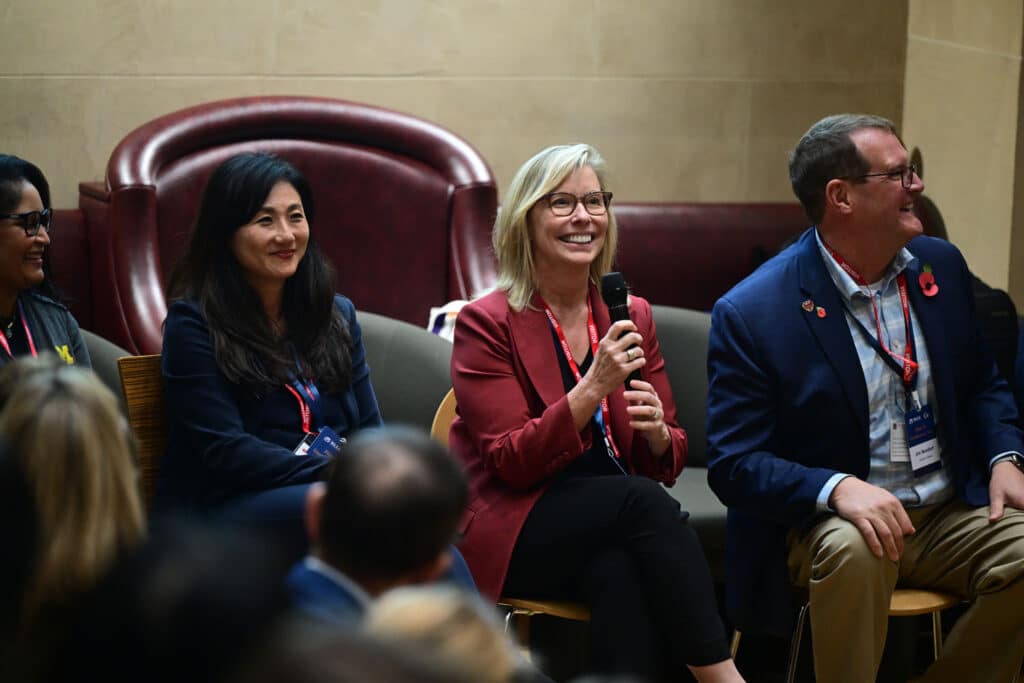Last month, the Journalism Society was delighted to host Alan Rusbridger, former Editor-in-Chief of The Guardian from 1995 to 2015 and current editor of Prospect magazine,
Mr Rusbridger began by telling the story of how The Guardian was founded, more than two hundred years ago, in 1821. A cotton merchant, John Edward Taylor, was at the scene of the infamous Peterloo Massacre of 1819 in Manchester, where over a dozen people were killed and hundreds injured by soldiers at a protest for parliamentary reform. With the only reporter imprisoned, Taylor wrote up a report detailing what had occurred, knowing that the truth would be obscured by the authorities. His report was sent to London and was published in The Times. In a situation of ‘information chaos,’ not too dissimilar from that which we face today, Taylor wanted to ensure that the truth of what happened at the Peterloo Massacre was known.
Two centuries on from the founding of The Manchester Guardian – as it was known until 1959 – a new era of information chaos has begun and events in recent times such as the Hillsborough disaster, the Iraq War, Grenfell and Partygate, underline the enduring importance of factual, fearless reportage. With Rusbridger’s time as Editor coinciding with the ‘information revolution’ brought on by the internet, we heard about the incredible pace of change in the past two decades. With anyone now being able to publish anything online, the need for unbiased reporting has never been greater. Newspapers went from having a complete monopoly, to beginning to publish stories on their early websites, and hosting a two-way conversation where readers can comment, to standing by as ‘total chaos’ has erupted with billions able to publish anything at any time.
Rusbridger mentioned the structure of a news story, with simple fact being at the top, closely followed by investigation, with comment and opinion at the bottom. After all, ‘commentary is no good unless you’ve got the facts.’ In an essay marking the centenary of The Guardian in 1921, the newspaper’s longest serving editor C.P. Scott wrote ‘comment is free…but facts are sacred,’ a phrase still printed on the header of the opinion pages to this day. We heard Rusbridger’s concerns about the access to quality reporting, especially in America, where the top one or two percent of the population subscribe to the likes of The New York Times but where he feels the vast majority of the population are largely cut off from, even remotely, independent and honest reporting. Rusbridger said that he sees the job of journalists as so important that it is something of a public service, a metaphorical light house, exposing untruths and disseminating the facts. He said that the UK is lucky to have such a strong public service media operation in the form of the BBC, but that instead of championing it, too many politicians denigrate it.
We heard from Alan Rusbridger how journalism as a trade has evolved, from the birth of The Guardian to the supposed golden era of information, but now the future is uncertain. The Journalism Society thanks Mr Rusbridger for his insightful talk.



